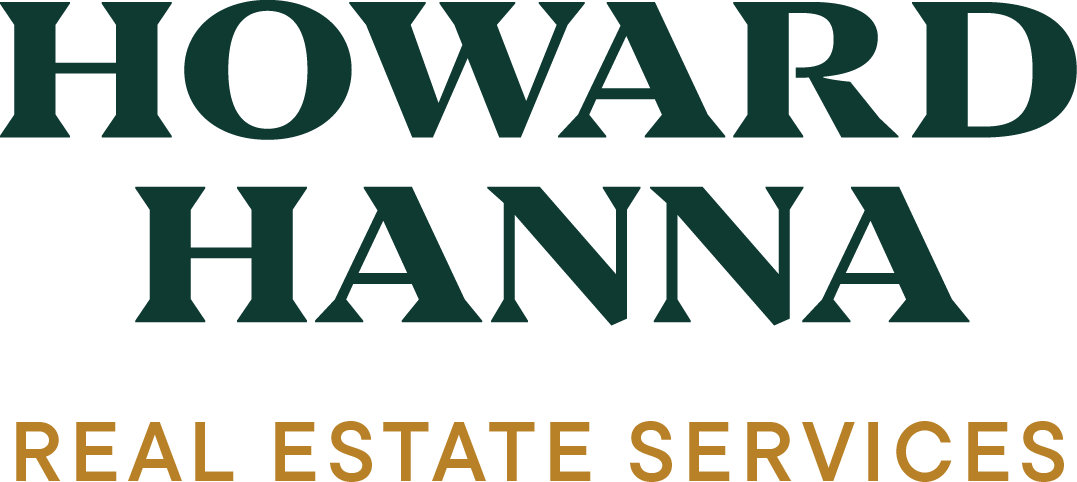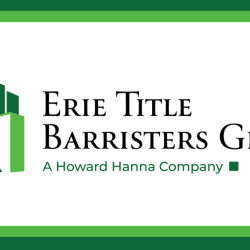Mortgage fraud is a form of financial deception that occurs when individuals or entities intentionally provide false or misleading information on a mortgage application to obtain a home loan or secure more favorable loan terms than they would otherwise qualify. This fraudulent activity can take various forms, such as misrepresenting income, assets, debt, employment history or the property’s intended use. Mortgage fraud can also involve collusion between a borrower and other parties, such as appraisers, loan officers or real estate agents.
Stretching the truth or omitting information may seem like a harmless white lie, but it can have serious consequences. When applying for a mortgage, make sure you’re always upfront about the following:
- Employment and income: Typically, your lender wants to see at least two years of stable employment and income, making you less of a risk of defaulting on your loan. Your place of work, job title, income and how long you’ve been employed should be accurately represented. Falsifying this information will likely get you nowhere, as your tax returns and pay stubs are frequently reviewed with your loan application.
- Payment history: Your payment history directly affects your mortgage application because making untimely payments negatively impacts your credit score. Any missed payments, even if it’s just one, should be reported to your lender – otherwise, you could end up even worse off with a home you can’t afford.
- Gift funds or source of down payment: According to the National Association of Realtors, 22% of first-time homebuyers used cash they received as a gift toward their down payment. However, before anyone forks over cash, you’ll want to know the rules and regulations for using gift money as a down payment. Gift fund guidelines vary by loan type, and funds must be adequately documented and traced. It’s always best to speak with a Howard Hanna mortgage loan originator to ensure that your gift money will be accepted as a source of down payment.
- Financial past: Have you declared bankruptcy or experienced a foreclosure in the past? Courthouse records remain on your credit report for 7-10 years, including bankruptcy, judgments, paid tax liens and foreclosures. This impacts your credit score and, in turn, your mortgage loan application. Any events like these need to be disclosed to your lender.
- Any debts: If you have a car loan or student loan debt, it needs to be reported on your applications. Your debts can impact how much you can borrow or whether you’ll qualify for a loan.
- Some borrowers might worry that their student loan debt will increase their debt-to-income so much that they won’t qualify for a mortgage. However, over the past few years, the mortgage industry has made qualifying guidelines more flexible for borrowers with student loan debt.
- The use of the home: Investment properties, or homes used for rental income, must follow specific mortgage guidelines and have varying rules about if and when you can rent your house after purchasing it as your primary residence. If you plan to rent your home, speak with your lender first to avoid any possible consequences.
The consequences of lying on a mortgage application and engaging in mortgage fraud can be severe and may include:
- Denial of the loan: If the lender discovers that false information was provided during the application process, they can deny the mortgage application outright.
- Foreclosure: If the borrower cannot meet the mortgage payments due to the fraudulently obtained loan, the lender can initiate foreclosure proceedings, resulting in the loss of the property.
- Damage to credit score: Mortgage fraud can seriously damage a person’s credit score. A foreclosure or a failed mortgage application can negatively impact creditworthiness and make it challenging to obtain credit in the future.
- Criminal charges: Mortgage fraud is illegal, and in many jurisdictions, it is considered a criminal offense. Individuals found guilty of mortgage fraud may face criminal charges, which could lead to fines and imprisonment.
- Civil penalties: In addition to criminal charges, those involved in mortgage fraud may face civil penalties. This could include paying restitution to the victims and covering the costs incurred by the lender or other parties affected by the fraud.
- Professional repercussions: Individuals who work in the real estate industry, such as mortgage brokers, appraisers, or real estate agents, may face license revocation, fines, and other penalties if they are found to have participated in mortgage fraud.
- Reputation damage: Mortgage fraud can tarnish an individual’s professional and personal reputation. Securing employment or establishing trust with future business partners or lenders could be difficult.
Financial institutions and regulatory authorities take mortgage fraud very seriously, as it can undermine the housing market’s stability and cause significant financial losses. If you’re considering a mortgage, it’s crucial to be honest and transparent throughout the application process. If you have any doubts or questions about the information required, it’s best to seek advice.
Our Howard Hanna Mortgage team is here to help answer any questions or concerns you may have. They are experienced professionals who can guide you through the application, ensuring that you provide accurate and complete information.
Remember, securing a mortgage is a significant step towards homeownership, and we are committed to helping you achieve your dream responsibly and ethically. Honesty is the foundation of trust, and by being truthful throughout the process, you can set yourself up for a positive and successful home buying journey.
NMLS# 101561. Howard Hanna Real Estate Services is not a mortgage lender. Offer of credit is subject to credit approval. Contact Howard Hanna Mortgage Services for mortgage products and eligibility. Howard Hanna Mortgage Services is licensed by: The Pennsylvania Department of Banking and Securities as a Mortgage Lender – License number 21415. The Ohio Department of Commerce – Division of Financial Institutions – License number RM.804531.000. The Michigan Department of Licensing and Regulatory Affairs, Office of Financial and Insurance Regulation, First Mortgage Broker/Lender License number FL0022570, Second Mortgage Lender Registration number SR0022571. The West Virginia Division of Banking – License number ML-20884. The North Carolina Office of the Commissioner of Banks – License number L-215626. The State of South Carolina State Board of Financial Institutions – Mortgage Lender/Servicer License number MLS-101561. Contact a Howard Hanna Mortgage Loan Originator for full details. 1000 Gamma Drive – Pittsburgh, PA 15238 and 6000 Parkland Blvd. – Mayfield Hts., OH 44124. (800) 400-4622 mortgage@howardhanna.com. EQUAL HOUSING LENDER.










